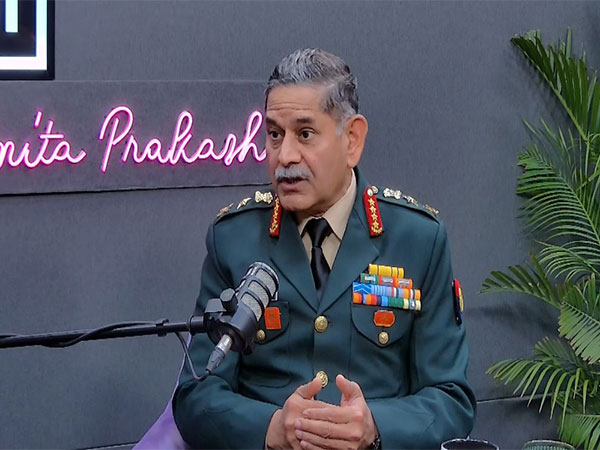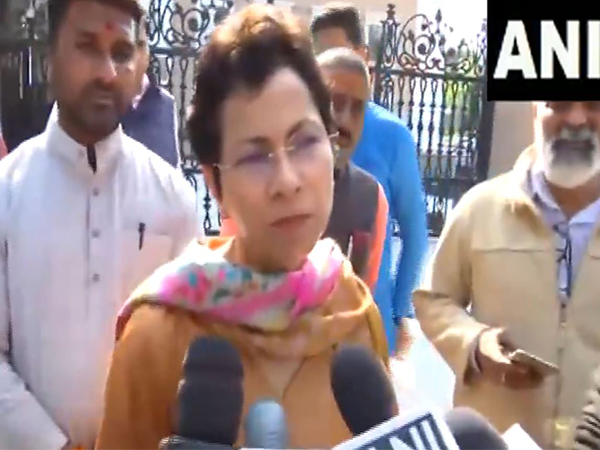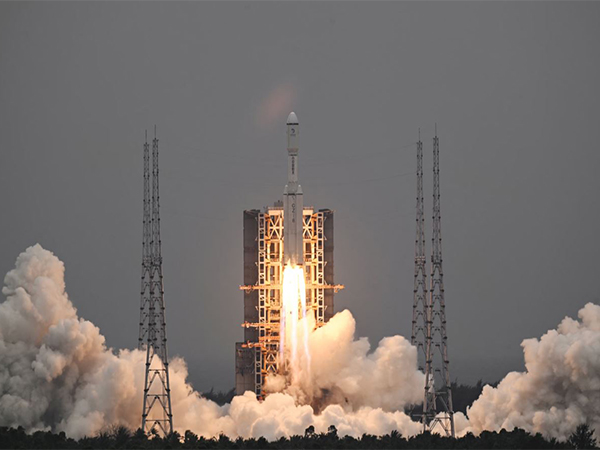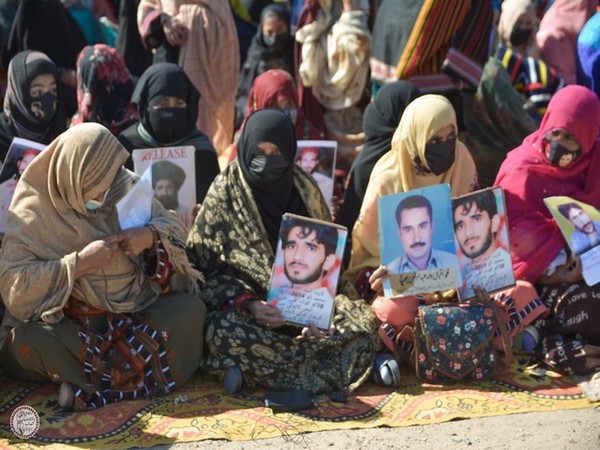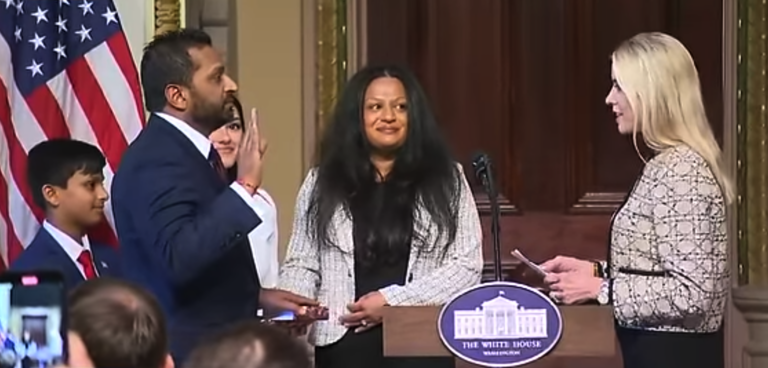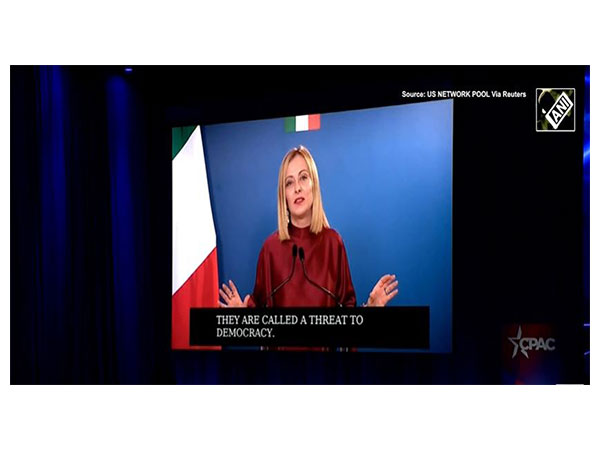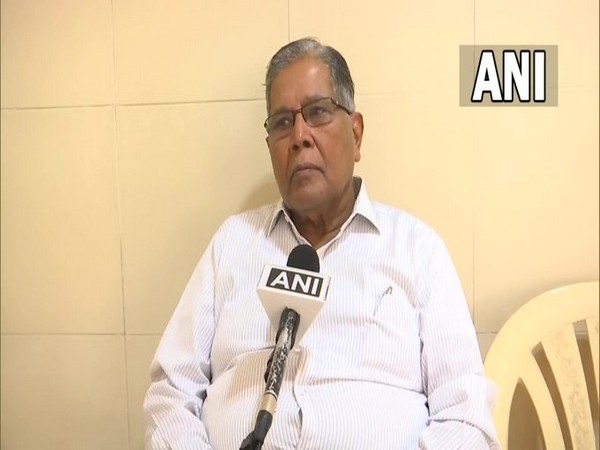
Bengaluru (Karnataka) [India], March 19 (ANI): Days after the Karnataka government hailed Gujarat’s decision to introduce Bhagavad Gita in its school syllabus, Karnataka Congress slammed the move stating that new education policy was a cover to bring Hindutva policy in syllabus. Notably, the Bharatiya Janata Party’s government in Karnataka has hinted at similar plans, with the state education minister saying that the matter will be discussed with the chief minister and textbook committee members.
Slamming the developments to introduce Bhagavad Gita in the curriculum of school education, Karnataka Congress leader and ex-Union Minister, K Rahman Khan said, “Karnataka’s Education Minister had spoken on the lines of Gujarat that they’re going to introduce Bhagavad Gita in the syllabus. I believe that nothing is wrong if they prescribe a religious book in the syllabus, but I believe that India is a country of diversity with several religions.” “So, taking note of this, all religious books should be taught to students. However, I feel that BJP has a vested interest. Every religious book teaches ‘Dharma’. BJP can’t say it’s only Gita that teaches ‘Dharma’ and Indian culture. New Education Policy is a cover to bring Hindutva policy in syllabus, nothing else,” said K Rahman Khan.
On March 17, Gujarat education minister Jitu Vaghani said that Bhagavad Gita will be introduced as a part of the school syllabus for class 6 to class 12 students in Gujarat from the academic year 2022-23.
Speaking in the Legislative Assembly during a discussion on budgetary allocation for the education department, Vaghani had said that, “To include Indian culture and knowledge system in school education from the academic year 2022-23, In the first phase, values and principles contained in Bhagavad Gita are being introduced in schools from classes 6-12 as per understanding and interest of children.”
Gujarat announced on Thursday that it would introduce the Bhagavad Gita from Class 6 and linked the move to the implementation of the National Education Policy, 2020. (ANI)

